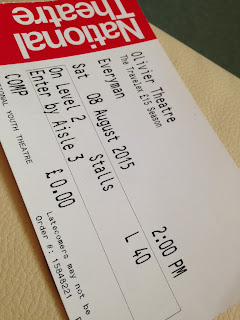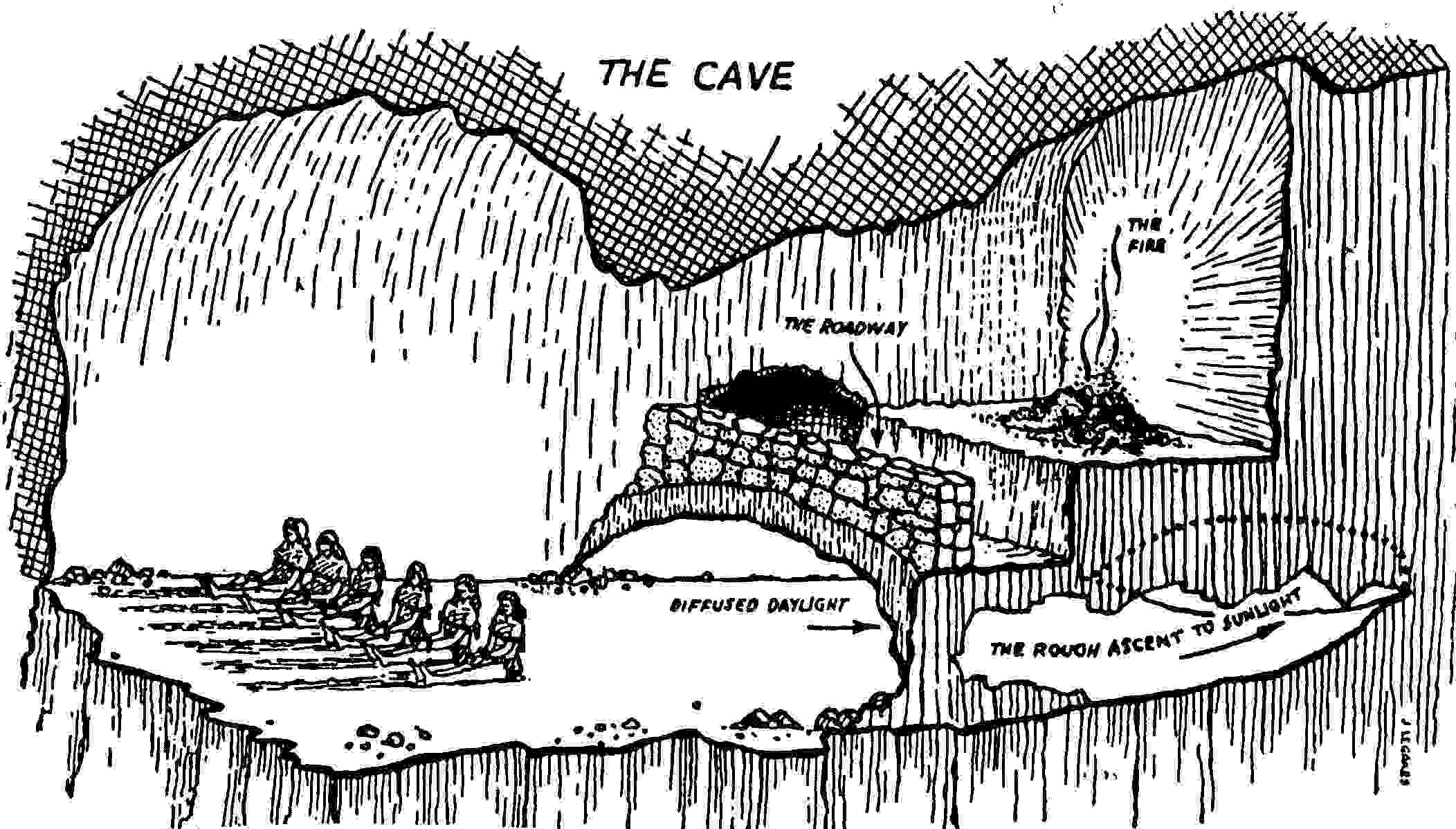
'The Mentalists'
Wyndhams Theatre, London
29th July 2015, 7:45pm
Is Ted a fruit bowl, coke bottle or pepper shaker? Sadly I think that if we'd have been faced with that question some 20 minutes earlier in the play, half of the audience wouldn't have left in the interval.
Richard Bean's 2002 play, 'The Mentalists' deals with the story of two middle aged men who set out to make a film which will revolutionise the world. This is all because protagonist 'Ted' has found an old copy of B. F Skinner's 'Walden Two' in his shed, a utopian novel which tells the story of a community which lives a supposedly perfect life, residents working only four hours a day, the absence of a ruling body etc. In finding this book, Ted believes he has the answer to the world's problems, and thus Bean's play tells the rather endearing story of his venture to make a film talking about the components of 'Walden Two' (which he assumes a lot of people haven't read) in hope that the world will join him in the quest to right societal wrongs. He and assisting best friend Morrie, also an amateur film maker, rent a cheap Finsbury park hotel room to make the dream a reality.
Bean's play is beautifully written, and deals with the peaks and troughs of human nature in an incredibly subtle way. Both characters in this two man play are intricately defined: Ted the controlling but unadmittedly self nervous protagonist, and Morrie, the confident, chatty hairdresser with an air of campiness. All of this is achieved through the play's solid naturalism of characters' constant conversing, peppered with jokes and the general banter of old friends.
I fear to say however that the writing of the play was where the positives stop, as sadly the execution undermined the plays beauty. Firstly, although a comforting sight for any west end audience, the grandeur of the embellished Wyndham theatre sought only to belittle the static box set of the north London hotel room. I feel a smaller theatre would have complemented the nature of the play more, making the experience a lot more intimate for the audience. Instead, the grandeur of the theatre only served to make the acting in the show bigger than needed, and as a keen Merchant fan, I was disappointed to find he as 'Ted' the worst offender. He seemed to adopt the shouty tone of an actor who was aware of the audience, directing a lot of the conversation out, often breaking the fourth wall to direct a joke. From my interpretation, the beauty of Ted as a character is that he is unaware of his humorous nature, genuinely believing that he has the key to revolution, unaware of the hilarity he conveys when constantly asking if he looks okay, or nagging Morrie to stop touching the camera. In order for this to be conveyed however, the plays naturalism and truth needs to be unquestionable, something which Merchant broke for me. I wanted him to embody Ted with his endearing quirks, instead he skimmed the surface, showing me a lot of his own personality than that of his character. In response Steffan Rhodri as 'Morrie' was somewhat stronger, never breaking his role as the self confident, reassuring friend to Ted. However, the style of Merchant meant that responses from Rhodri could only equal the outwardess of his colleague, neither actor 100% convincing me of their role.
Because of the lack of embodiment of the characters, the first half of the play fell flat, and I regret to say I found myself loosing concentration during the long chunks of dialogue. There just wasn't that intended sense of personality coming from Bean's writing, and because of this, the intended pinnacle of the play (post interval) fell short. I was unaware whatsoever that there was supposed to be any questionability to Ted's psychological state. To me, his dedication to his quest to revolutionise the world was just a comical trait to his character, as Merchant often directed the audience to believe through his over the top gestures to the audience. To me the suspect phone calls which appear occasionally in the first half are just the familiar calls of a suspecting wife, and again no hint from Merchant led me to believe otherwise. Because of this, the interval came at a time when there seemed to be no plot development, but just a lengthy and dare I say, boring conversation between two men, a lot of the dramatic irony lost. When I returned to my seat after the interval, most of the row I was sitting on had left.
The play took a completely unexpected turn when suddenly there begin to be questions on whether Ted is sane, something which I had not suspected in the slightest. Morrie gives Ted an ultimatum on whether he is the self assured revolutionary he thinks he is, or really a slightly instable man, using the metaphors to which I referred at the beginning. When it is revealed that actually Ted is very much the latter, I felt I lost a huge sense of the impact, because I had never believed in Ted's character to begin with in order to feel sad about his deterioration. Albeit the acting in the second half improved somewhat, probably because Merchant's default to direct the comedy outwards was no longer an option during the sensitive revelation. Ted's breakdown was certainly a touching moment, made even more so when Morrie's only solution is to console his very broken friend with a haircut. An emotional moment which really brought out the beauty of Bean's writing, the fact that he knows nothing more than to offer a hair cut and something which he is so adamant will help, when fully aware that his friend has committed a murder and is quite obviously doomed.
All in all, it was only disappointing that 'The Mentalists' lacked the detail it needed in order to be impactful. I feel a smaller venue could have helped to serve this purpose, giving the play the intimate audience it needed to allow the actors to relax into their roles, and pay them the intricate attention they needed.
 This isn't so much a review of the entire 'Out There' festival, yet more of a happy comment on how much I enjoyed this annual festival once again. For those who don't know, this is a festival comprised of many international street performers, based in a seaside town in Norfolk, and has grown into a fully fledged weekend of fun.
This isn't so much a review of the entire 'Out There' festival, yet more of a happy comment on how much I enjoyed this annual festival once again. For those who don't know, this is a festival comprised of many international street performers, based in a seaside town in Norfolk, and has grown into a fully fledged weekend of fun. 





